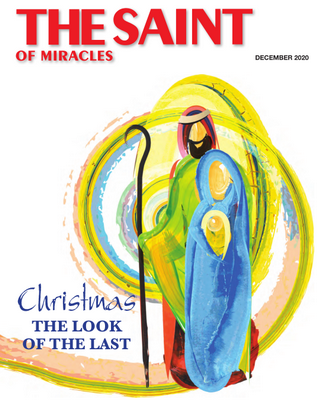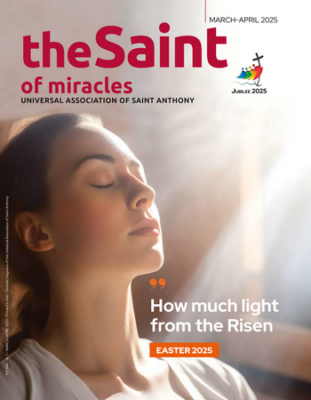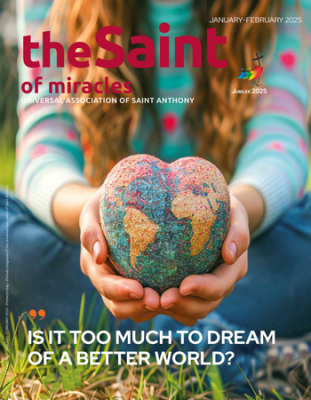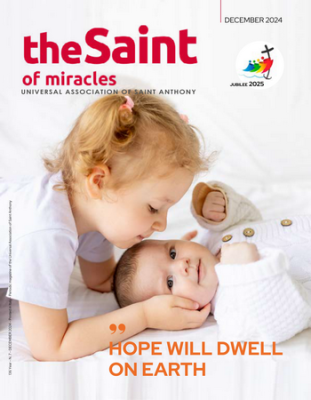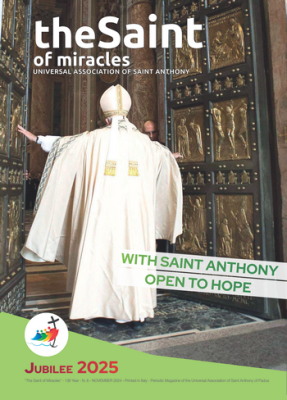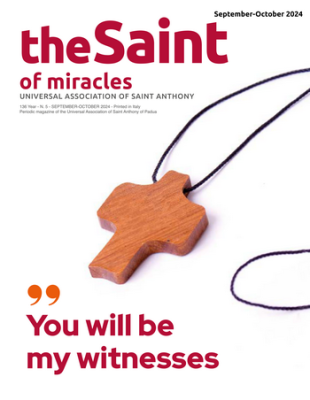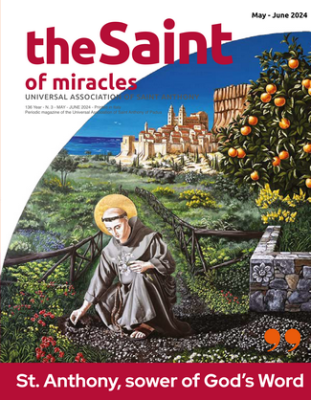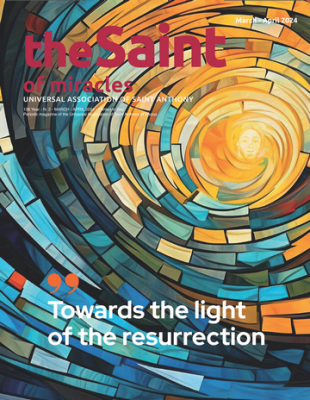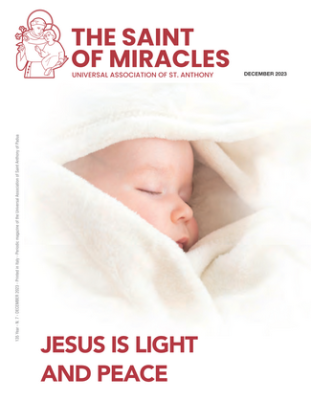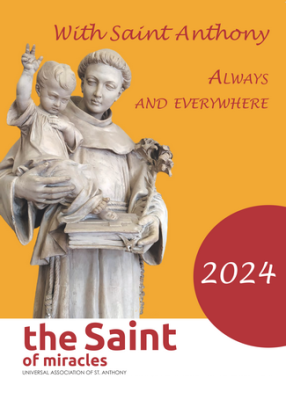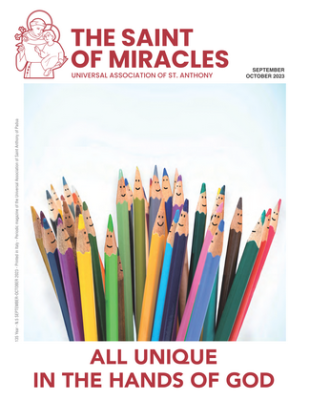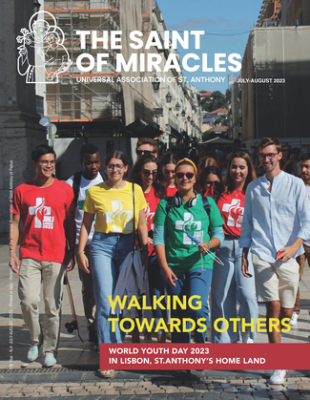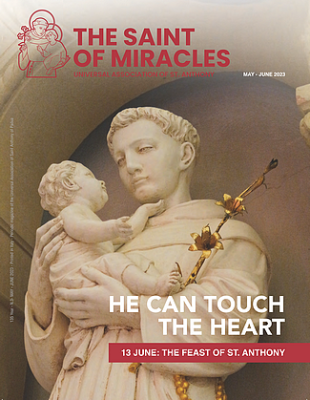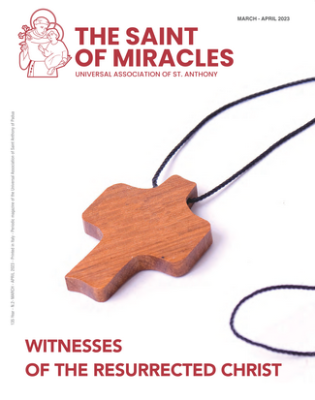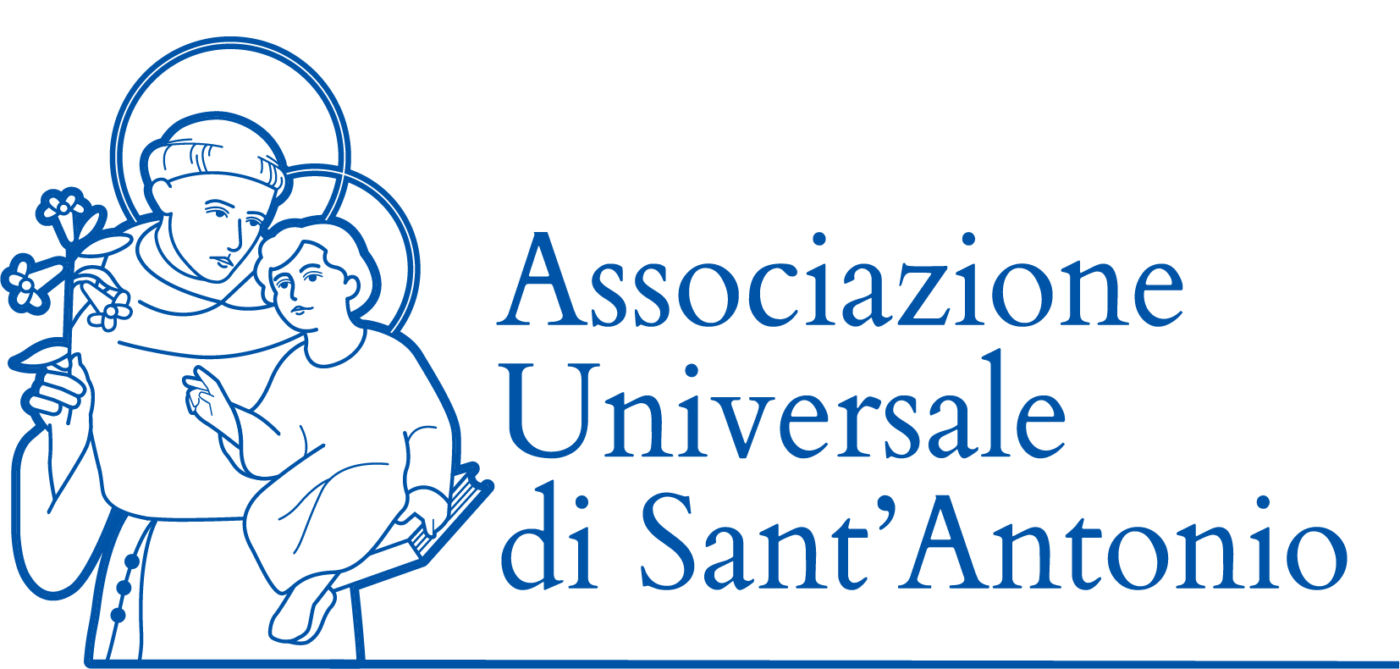Year 132 - December 2020Find out more
Heavenly peripheries
Fr. Livio Tonello, director

The Pauline affirmation “for your sake he became poor although he was rich, so that by his poverty you might become rich” (2 Cor 8:9) is well suited to the contemplation of the mystery of the Incarnation. Unconventional and intriguing as an image to recount the extraordinary event that happened 2000 years ago and that we celebrate every year at Christmas. But on closer inspection, it has something scandalous and even irreverent.
The Almighty rids himself of everything to come into the world in a stable, between the breath of animals and the straw of a manger. An incomprehensible and illogical mystery for many self-righteous. The story is well known. A pregnant woman wanders in the countryside in search of shelter. A man (possibly a father) who leaves because of a census of foreign occupants. He accompanies his bride as she is about to give birth. Both await custody of a donated child.
On the peripheries of the world, as the land of Israel was for the Romans, the event that changed the face of humanity takes place. A story of pilgrims, of poor, humble, and devout people. A simple and disarming scene celebrated in the warmth of the churches and in the protected intimacy of the houses. He who “did not regard equality with God something to be grasped, rather, he emptied himself” (Phil 2:6-7) became last in the world.
Almost an outcast among outcasts. It’s the discriminating factor to identify who are those who are enlightened and warmed by this event. Primarily those who resemble this Jewish family and share its situation. They are the outcasts of our society, the refugees from the sea, the homeless of our cities, the victims of the economy, the refugees, the poor people who have only eyes to weep. What is the dignity of these people that we keep at a distance so as not to be contaminated? A marginality that sounds like a wound to our self-sufficiency.
God becomes flesh in their flesh and reaches out to us from the periphery, advancing among torn, aching, lost humanity. Who more than these has the right to celebrate Christmas? It’s not enough to enjoy the glittering outline to be part of the incarnation. And yet Jesus is here for everyone. Rich and poor, happy and sad, just and sinful. It is the eternal mystery of Christmas which is renewed and which must not leave us indifferent.
With the last God has always done great things. The rich and powerful eventually fall from their thrones. In the overturned evangelical logic, redemption is possible for all. Precisely because He started from below He can embrace everyone and no one can feel unworthy of Him. From the humanity of Christ we learn to become persons, brothers and sisters.
On the way out to the existential peripheries, to revive signs of a new humanism that illuminates the dark side of our societies, which are often a source of exclusion, marginalization, discrimination... Jesus taught us to heal (save) the human person through care, tenderness, mercy, and “reaching out”. So that no one may feel excluded from the joy of Christmas. Best wishes!


 Italiano
Italiano Français
Français